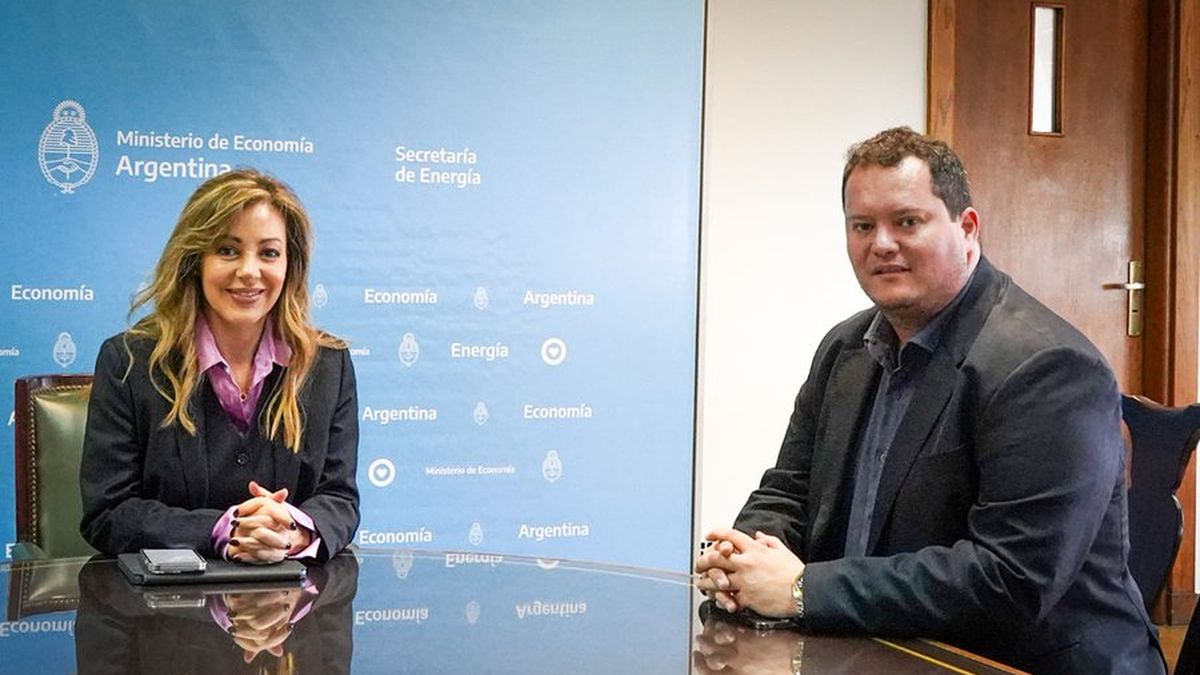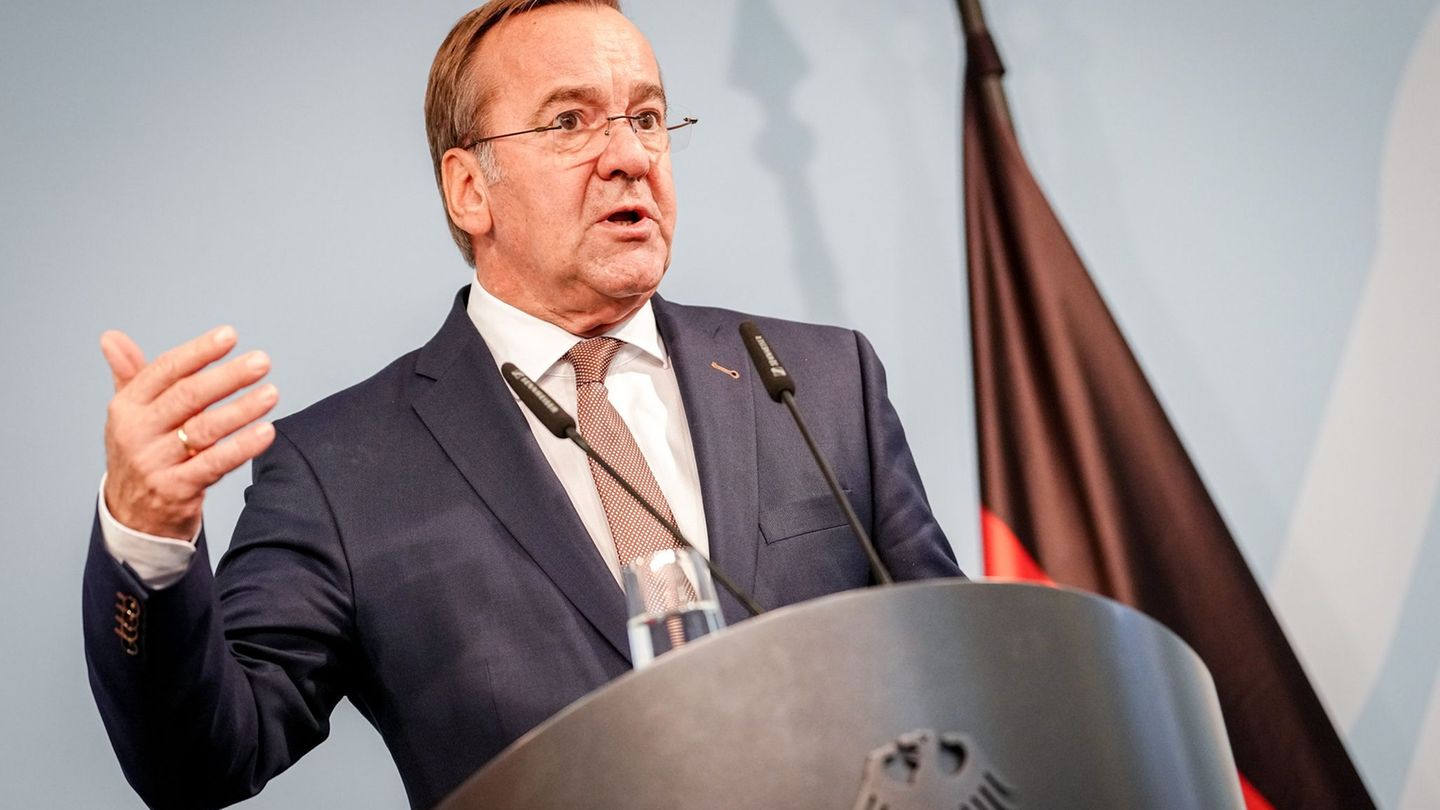After 20 years, Argentina will stop importing gas from Bolivia. On the contrary, it will seek to use the existing infrastructure to export to Brazil. There is also demand from Chile. Bottlenecks in the transport infrastructure.
The inauguration of the Néstor Kirchner gas pipeline is only the first stage of a broader infrastructure plan, necessary to bring gas from Vaca Muerta to the north of the country, and export to three countries in the region: initially, to supply the “strong unsatisfied demand” of southern Brazil and northern Chile, and in the coming years, also to Bolivia, whose hydrocarbon production is in decline. So, Argentina will stop importing gas from Bolivia after 20 years but, in addition, the international consultancy Gas Energy Latin America (GELA) estimates that it could have exports of at least US$4 billion annually.
The content you want to access is exclusive to subscribers.
Currently, Vaca Muerta is only 8% developed, so it would have the capacity to supply the domestic market, and also export to the region. However, the main bottleneck is the infrastructure. In dialogue with Ámbito, Álvaro Ríos, founder of the consulting firm Gas Energy Latin America (GELA) He estimated that an investment of some US$2.5 billion will be required. This includes the reversal of the northern gas pipeline, the second stage of the Néstor Kirchner gas pipeline to San Jerónimo, in Santa Fe, and investments in expansions and compression plants.


The market expects speed in the works, as happened with the first stage of the NK gas pipeline, which was completed in 10 months. “The plaintiffs are hoping to be able to count on interruptible volumes after the end of next winter,” Ríos said. During the inauguration last Sunday, the Minister of Economy, Sergio Massaanticipated that in two weeks they will call for tenders for the reversal of the northern gas pipelineand in September the same will be done for the second stretch to Santa Fe, although in no case is the entire financing available.
In addition, politics plays its role. This Wednesday, The Secretary of Energy, Flavia Royón, received the president of Yacimientos Petrolíferos Fiscales Bolivianos (YPFB), Armin Dorgathen Tapia, to “discuss the gas supply from Bolivia to Argentina”, as officially reported. Although with several addenda, Argentina has a gas import contract with Bolivia since 2006, initially with a term of 20 years. However, Ríos estimated: “Bolivia’s decline was so rapid, and the speed of competitiveness of Vaca Muerta so accelerated, that the contract will have to end in 2024. Before we looked at Bolivia as a regional gas supplier, now we have to look at Argentina, which is going to play”.
It is that, in addition, In the meeting between Royón and the president of the Bolivian oil company, they spoke about “the possibility of exporting gas to Brazil, using the existing transportation infrastructure in Bolivia.” Ámbito consulted Ríos, Bolivia’s former hydrocarbons minister, if the neighboring country would be willing: “Bolivia does not have much of an alternative, it will have empty pipelines and it will feel forced to have to negotiate transportation and security of supply.”
Export opportunity
From GELA they assure that there is a “regional interest” for the energy of Vaca Muerta. “There are two markets that today are ready to receive gas immediately: they are the north of Chile, with industrial and mining demand, which with the change in the energy matrix will gradually replace coal. In the south of Brazil it is similar, they have unsatisfied demand from the two gas pipelines that leave from Bolivia, and they need energy for the factories and some thermoelectric plants”Rios explained. Although Bolivia is in decline, he stated that it has enough gas for its internal market until at least 2028, but then it will need to import from Argentina.
For the next decade, GELA estimates that there could be a potential demand of between 69 and 81 million cubic meters per day. “We would be talking about exports of between US$4,000 and 5,000 million annually for the next 10 or 15 years”Ríos anticipated. “The advantage is not only for Argentina, this would be positive for the entire region to make a large market, Chile, Brazil and Bolivia would be saving on the importation of other more expensive fuel sources,” he added. The attractiveness of Vaca Muerta’s energy is its price: the consultant estimates it to be between US$6.8 and 8.8 per million BTU (US$3.5 is for Vaca Muerta gas, and the rest is transport).
Source: Ambito




